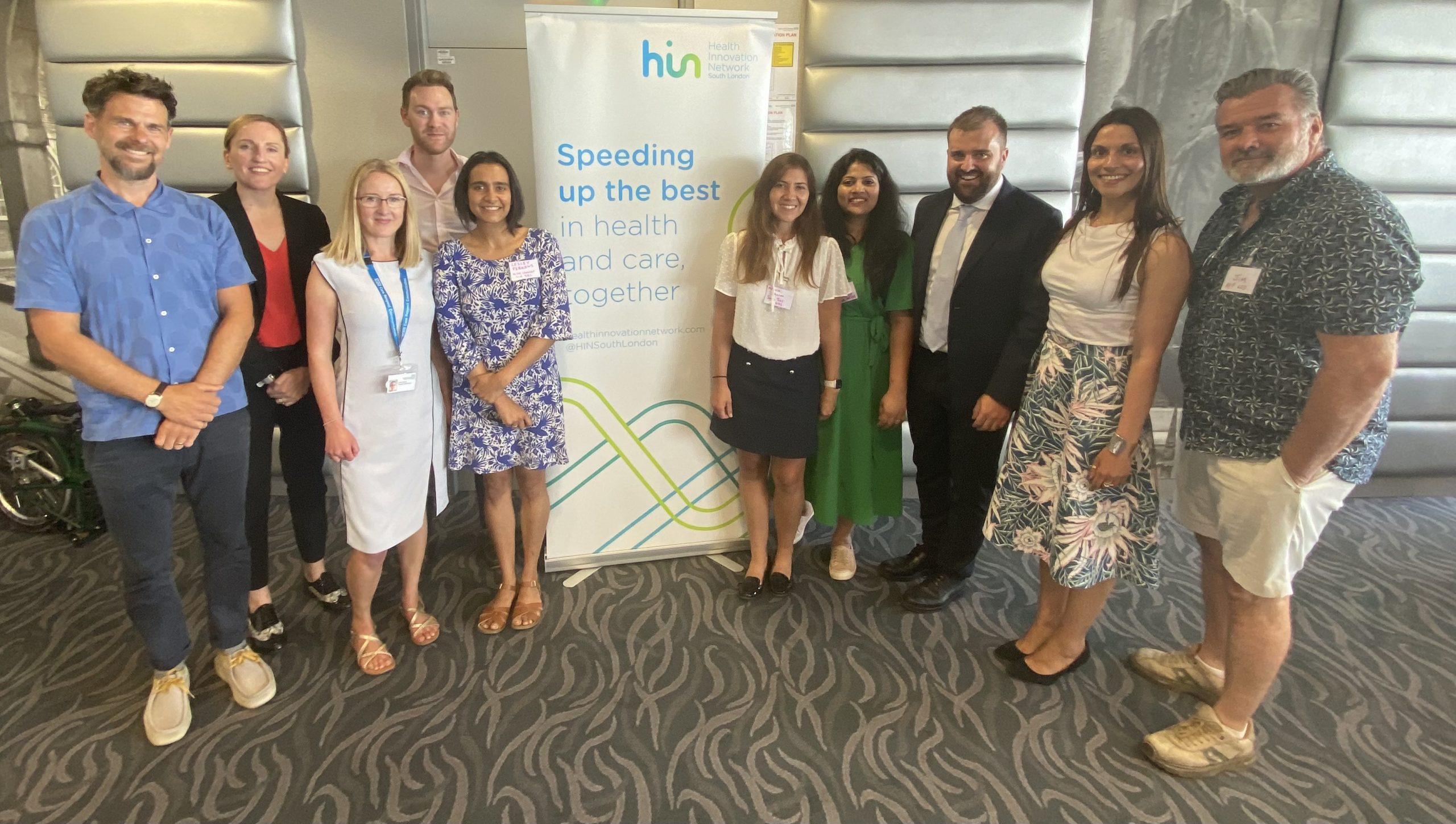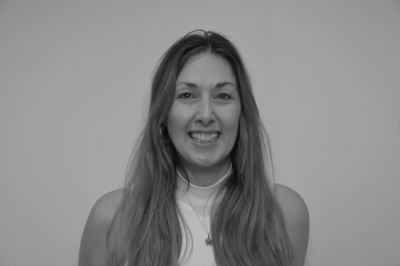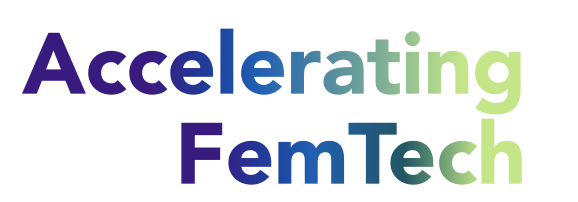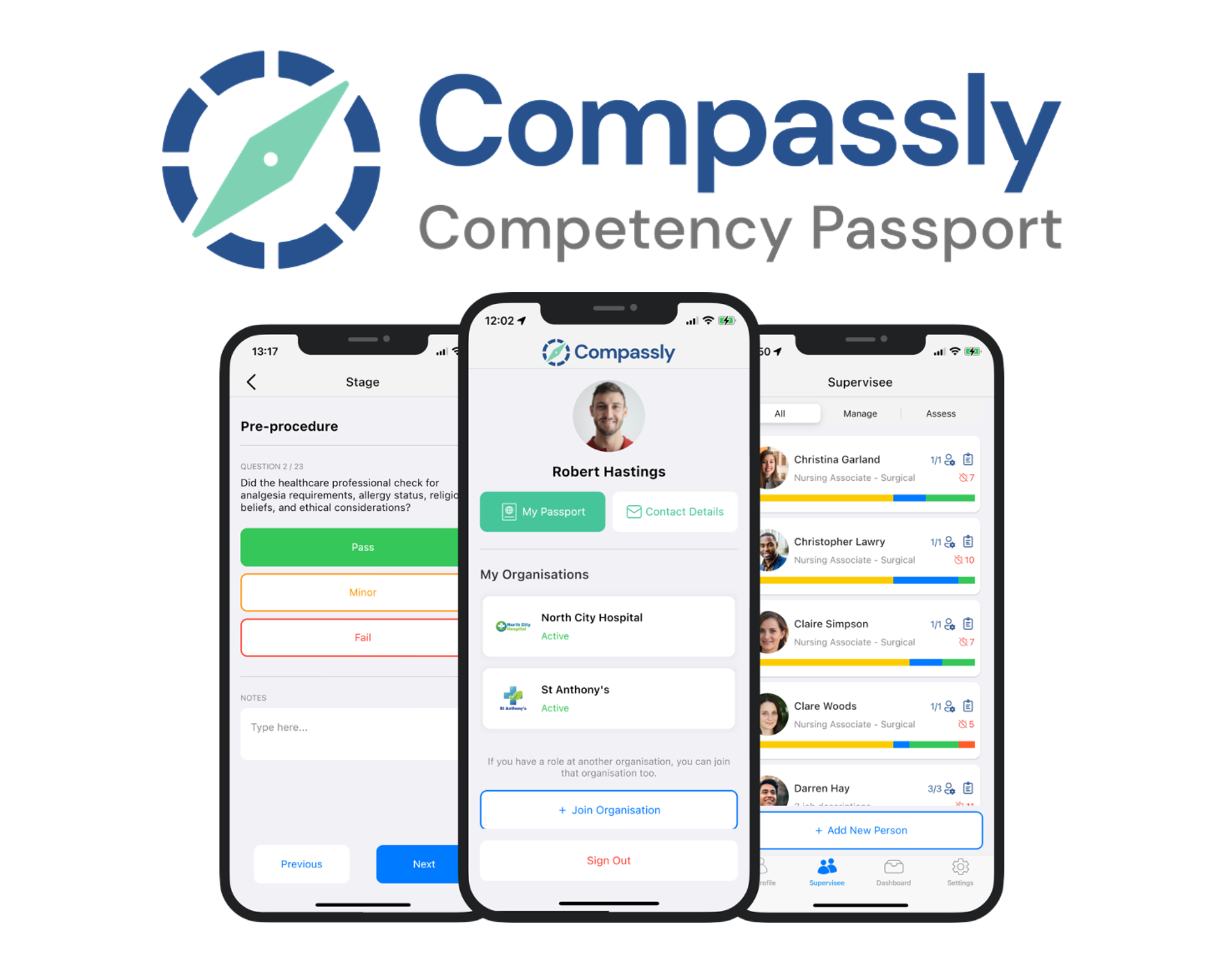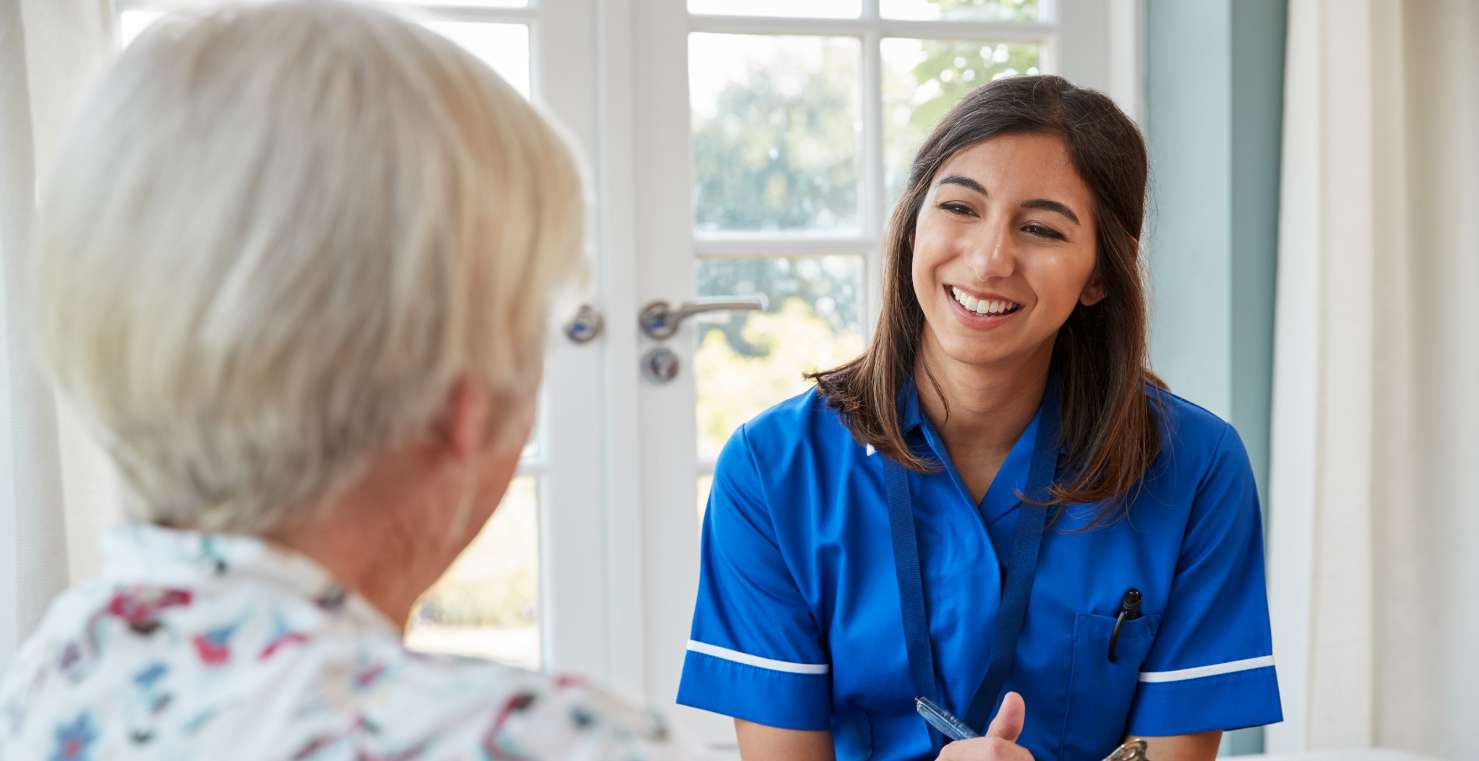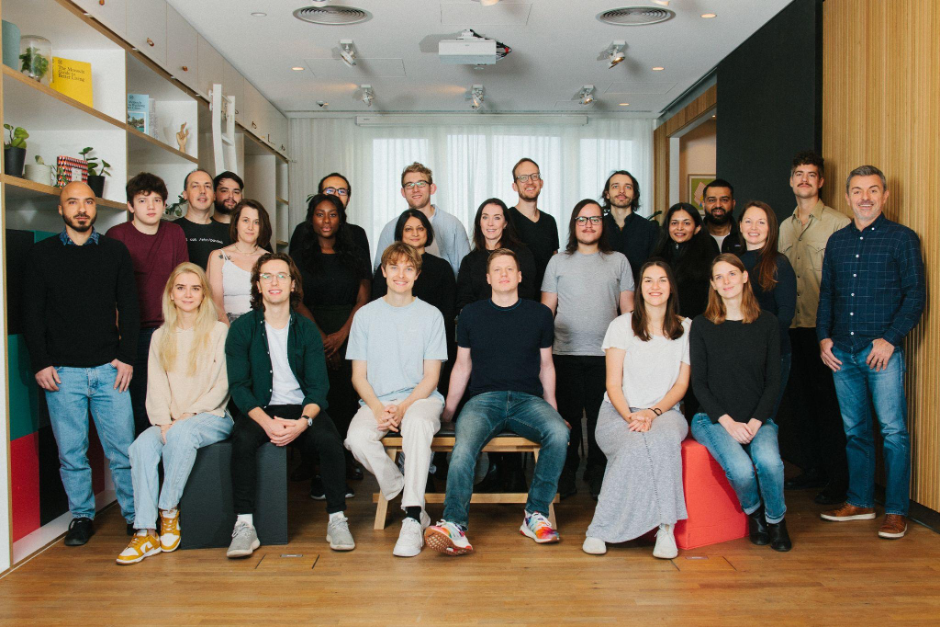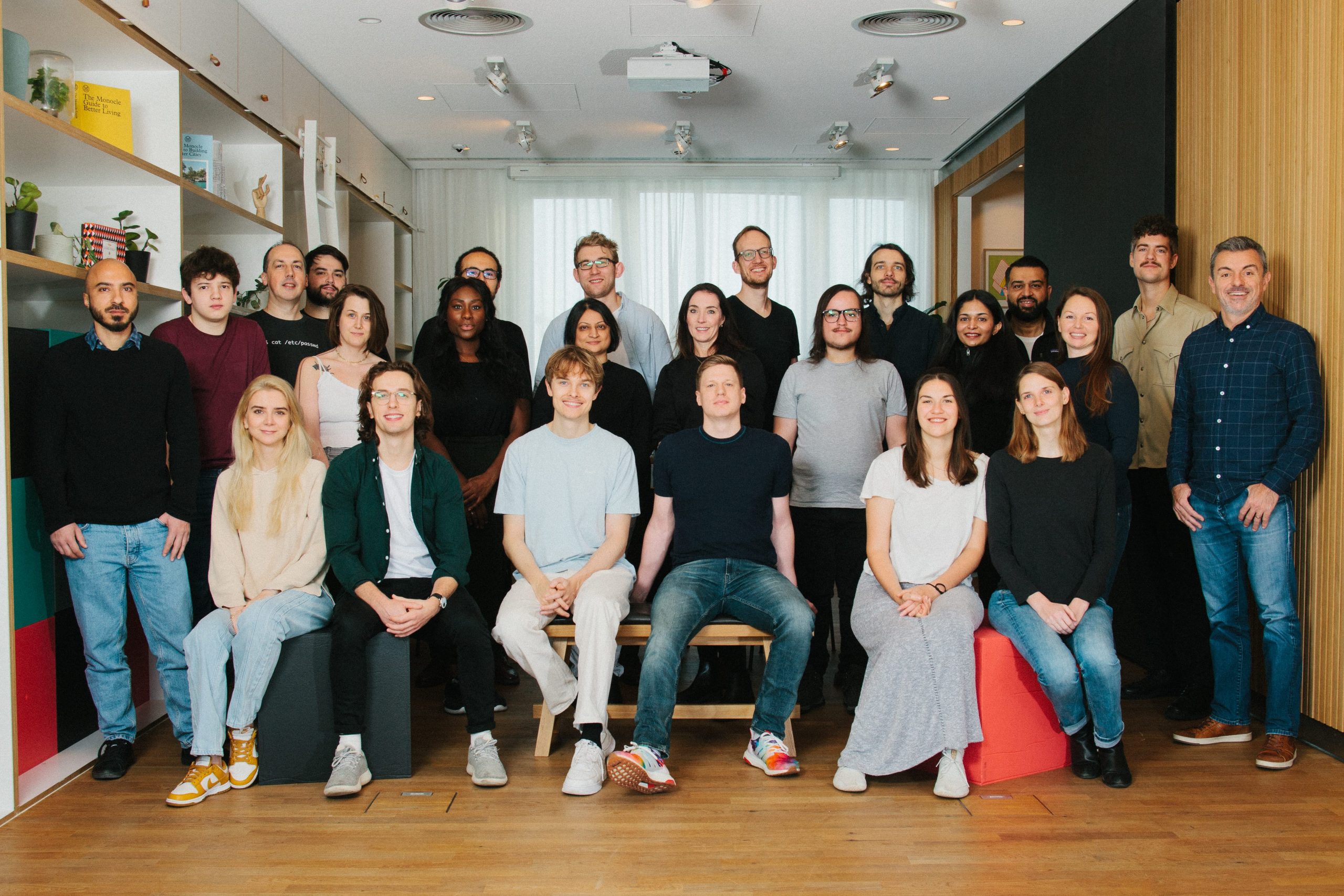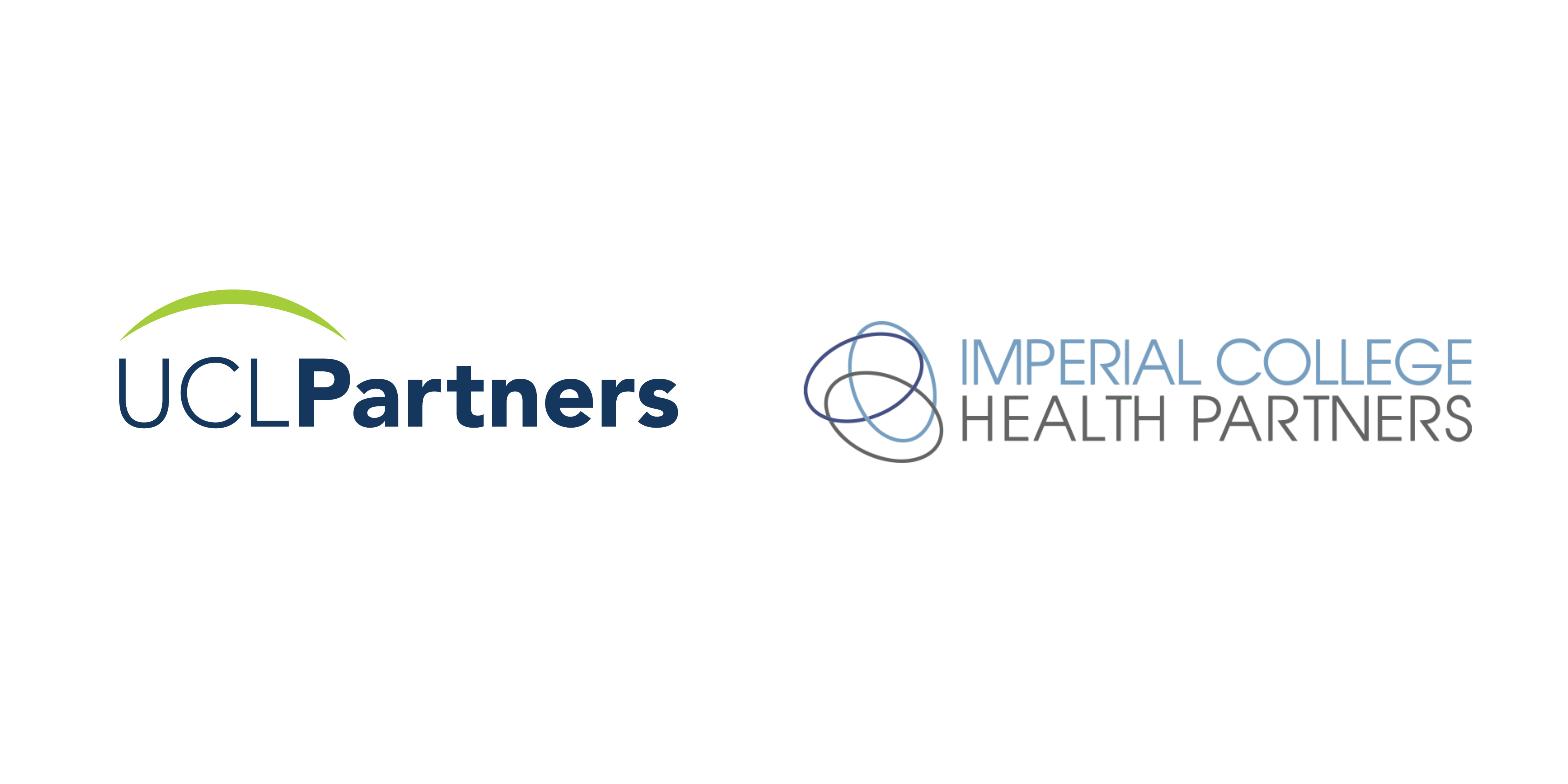The Health Innovation Network is happy to announce “Accelerating FemTech”, a new initiative which will support innovators to boost the development of technology solutions to address current challenges in women’s health. Accelerating FemTech has been made possible through Innovate UK funding as part of the Biomedical Catalyst.
Accelerating FemTech is looking to inspire, by engaging innovators (clinicians, companies and academics) around the challenges in women’s health, and to accelerate, by delivering a targeted 10-week accelerator programme for small / medium-sized companies from across the UK.
The programme is being delivered by the Health Innovation Network and partners, including: DigitalHealth.London, CW Innovation, the Academic Health Science Network for North East and North Cumbria, Kent Surrey Sussex AHSN, South West AHSN, West of England AHSN, Mills & Reeve, East Midlands AHSN, Yorkshire and Humber AHSN, Health Innovation Manchester, and others.
Anna King, Commercial Director for the Health Innovation Network, said: “There are enormous opportunities to bring new innovation to women’s health – from female-specific areas such as maternal health, fertility, gynecological cancers and menopause, to conditions that affect women disproportionally or differently, including osteoporosis or cardiovascular disease. Accelerating FemTech aims to inspire innovators to tackle the challenges in these areas and equip companies working in women’s health to develop their product offering. I look forward to working with healthcare leaders from across the UK to advance innovation in this important space and am very grateful to Innovate UK for funding this vital work.”
INSPIRE includes specialist webinars, from a range of subject matter experts and innovators, to motivate and celebrate innovative solutions, and invite-only face-to-face events, to encourage and connect innovators to solve to women’s health challenges. These events are targeted at clinicians, academic and innovators interested in tackling women’s health challenges. Details of all of the events can be found here.
ACCELERATE is a 10-week support programme is for small / medium-sized companies (SMEs) from across the UK, that have early-stage innovations addressing current challenges in women’s health. Building on the Health Innovation Network’s experience of running the DigitalHealth.London Accelerator, the programme will provide companies developing products to solve women’s health challenges with bespoke support through expert-led workshops and mentoring. It will support them to develop their product offering, understand the challenges in the women’s health space, grow entrepreneurship skills and engage with key stakeholders across the NHS and academic landscape. The programme will be delivered in a hybrid format, with two days of face-to-face workshops in London in September and Leeds in October, and a showcase in London in November, supplemented by online support, workshops and coaching. The programme will also support the companies to apply to the Innovate UK Biomedical Catalyst call in November 2023, to demonstrate their commercial and technical feasibility. Innovators interested in the programme can find out more and register their interest here.
ENDS
Notes to editors
- Interviews and further information
For more information, including interviews, statements and images, please contact Megan Truman, Communications Manager for the Health Innovation Network on megan.truman@nhs.net.
Accelerating FemTech is a new initiative which will support innovators to boost the development of technology solutions to address current challenges in women’s health. Accelerating FemTech has been made possible through Innovate UK funding as part of the Biomedical Catalyst. The programme is being delivered by the Health Innovation Network and partners, including: Academic Health Science Networks, CW+, Mills & Reeves and others. It builds upon the experience of running the award-winning DigitalHealth.London, Propel, and other innovator support programmes from the AHSNs.
- Health Innovation Network
Health Innovation Network is the Academic Health Science Network (AHSN) for south London, one of 15 AHSNs across England. As the only bodies that connect NHS and academic organisations, local authorities, the third sector and industry, we are uniquely placed to increase the spread and adoption of innovation across large populations, at pace and scale. The DigitalHealth.London Accelerator is part of our enhanced offer to support economic growth as funded by the Office of Life Sciences. For more information, please visit healthinnovationnetwork.com.
- The Academic Health Science Networks (AHSN)
The AHSN Network, comprising the 15 academic health science networks (AHSNs) across England, exists to transform the way the NHS identifies, adopts, and spreads innovation. Our regional AHSNs work closely with businesses and individual innovators to help realise the potential of their ideas. The unique role of the AHSNs means we bridge the gap between the NHS and industry, bringing the very best innovative solutions to the NHS and helping to create economic growth by harnessing the NHS investment. Our commission from the Government’s Office for Life Sciences (OLS) enables us to do this in a structured and methodical way, answering the needs of the health and care system and of innovators with ideas that match system challenges. Programmes like the DigitalHealth.London Accelerator form part of the distinctive offer of the Health Innovation Network. For more information, please see ahsnnetwork.com.
Innovate UK is creating a better future by inspiring, involving and investing in businesses developing life-changing innovations.
We provide targeted sectors with expertise, facilities and funding to test, demonstrate and evolve their ideas, driving UK productivity and economic growth. Join our network and communities of innovators to realise the potential of your ideas and accelerate business growth. For more information, please see: https://www.ukri.org/councils/innovate-uk/
Since 2016, DigitalHealth.London has been focusing on accelerating the adoption of digital innovation by linking health and care organisations with digital health innovators for the benefit of patients and populations. It accelerates the adoption of digital innovations across health and care to improve patient and population outcomes and experience and supports a sustainable future NHS. DigitalHealth.London is delivered by Health Innovation Network with the support of partners globally.
In addition, CW+, the Chelsea and Westminster Hospital charity, is a partner in the delivery of DigitalHealth.London Accelerator, Launchpad and Evidence Generation Bootcamp programmes. For more information, please see digitalhealth.london
CW Innovation is the flagship innovation programme run jointly by CW+ and Chelsea and Westminster Hospital NHS Foundation Trust. CW+ is the official charity of Chelsea and Westminster Hospital NHS Foundation Trust. Supporters and partners enable the charity to: invest in the CW Innovation programme to identify and implement high-impact innovation initiatives and new digital solutions that address some of the real-time challenges that healthcare organisations face today; build and enhance clinical facilities to create an outstanding healing environment for patients and staff; and deliver a unique art and design programme to transform the experience and wellbeing of our patients. For more information, please visit cwplus.org.uk.
Mills & Reeve is centred on achieving more for clients, their businesses and the wider communities we serve.
Our clients and their industries benefit from our knowledge and learning – on everything from wellbeing, diversity and inclusion to global trends. The wider community benefits from a focus on sustainability in client and business decisions.
Clients get a consistent experience with no surprises – we tell them what they need to know, when they need to know it. Our sector and market expertise (including health and care, technology and life sciences) helps us understand clients’ issues. And our technology and innovations help them achieve more with less effort.
We build personal relationships, with advice individually tailored to individual need. And if clients need things we don’t offer, we draw on our network to give recommendations.
Our 1,000 plus people and over 500 lawyers share one vision – achieving more for clients
For further information please visit the website at www.mills-reeve.com
- The Academic Health Science Network for North East and North Cumbria
The Academic Health Science Network for the North East and North Cumbria supports the health and care system to accelerate innovation which improves people’s health and the regional economy.
We work closely with the NENC ICS and our Member Organisations, including the NHS Trusts and Universities, across the NENC to help them identify, evaluate, adopt and disseminate transformative innovation. We work a lot with industry too, as a source of innovation and also to help industry access the expertise within the NHS that is so crucial to the development, testing and deployment of products and services that are the basis of the UK’s Life Sciences sector.
- Kent Surry Sussex (KSS) AHSN
Kent Surrey Sussex (KSS) Academic Health Science Network (AHSN) is one of the 15 AHSNs across England, established by NHS England in 2013 to improve health and generate economic growth by spreading innovation at pace and scale.
We connect citizens, NHS and academic organisations, local authorities, the third sector and industry to facilitate change across whole health and social care economies, with a clear focus on improving outcomes for patients. We are uniquely placed to identify and spread health innovation at pace and scale; driving the adoption and spread of innovative ideas and technologies across large populations. Visit www.kssahsn.net or follow us on Twitter @KSSAHSN.
- Yorkshire and Humber Academic Health Science Network (Yorkshire & Humber AHSN)
Yorkshire & Humber AHSN is one of 15 AHSNs set up by NHS England to operate as the innovation arm of the NHS.
Across the country AHSNs act as a bridge between health care providers, commissioners, academia and industry. By connecting these sectors, we help to build a pipeline of solutions for the NHS from research and product development through to implementation and commercialisation.
Locally we work in partnership with our regional health and care community and develop projects, programmes and initiatives that reflect the diversity and meet the needs of our local populations’ health care challenges.
Web: www.yhahsn.org.uk
Twitter: @YHAHSN
LinkedIn: yorkshire-and-humber-academic-health-science-network
Propel@YH is Yorkshire & Humber AHSN’s digital health accelerator programme. Now with a four-year track record behind it, Propel@YH helps organisations from across the UK and around the world to bring their innovative digital health solutions to the region's patients and the wider health economy.
Recognising that the sales cycle within healthcare can be challenging and often lengthy, Propel@YH provides a structured programme of support and advice that enables HealthTech innovators to accelerate their growth and market presence. The accelerator provides a unique and tailored set of masterclasses, guidance and support services in conjunction with its partners at Barclays Eagle Labs, Nexus, Hill Dickinson, Leeds City Council and West Yorkshire Health and Care Partnership.
In 2022 Propel@YH ran its first ‘Boot Camp’ for US innovator companies. This week-long crash course was designed to help them understand the NHS marketplace and provide them with the contacts and conditions they needed to establish their UK headquarters in the region. Three of the five companies have subsequently done just that and in 2023 further Boot Camps with Nordic, Canadian and Indian innovators are being organised.
Web: www.propel-yh.com
Twitter: @PropelYH
LinkedIn: propel-yh
The West of England Academic Health Science Network (AHSN) brings all the key players innovating in health and care in our region together, in order to support healthcare innovation. We exist to improve the health of the local population in the West of England and increase the wealth within our regional economy.
We work closely with our three Integrated Care Systems (ICSs) – Healthier Together Partnership (Bristol, North Somerset and South Gloucestershire), BSW Together (Bath and North East Somerset, Swindon and Wiltshire) and One Gloucestershire, as well as our member organisations which includes all the NHS providers and commissioners in the West of England and the universities of Bath, Bristol and the West of England. We also work in close partnership with research organisations, industry, the voluntary sector, patients, carers and the public.
- South West Academic Health Science Network
The South West Academic Health Science Network is one of 15 AHSNs across England. We exist in partnership with our local health and care system, local authorities, universities, life science, and voluntary, community and social enterprises, to transform the way the NHS identifies, adopts and spreads promising innovations, to improve health equity and the health of people living across the South West region. We develop the innovation pipeline in the South West, matching the promising ideas of innovators to local challenges in health and care, and helping them to implement their solutions to improve the NHS and care system. Find out more on our website www.swahsn.com.
- East Midlands Academic Health Science Network
The East Midlands Academic Health Science Network (EMAHSN) is one of 15 Academic Health Science Networks in England. EMAHSN brings together the NHS, universities, industry and social care to transform the health of the region’s 4.9m residents and stimulate economic growth.
